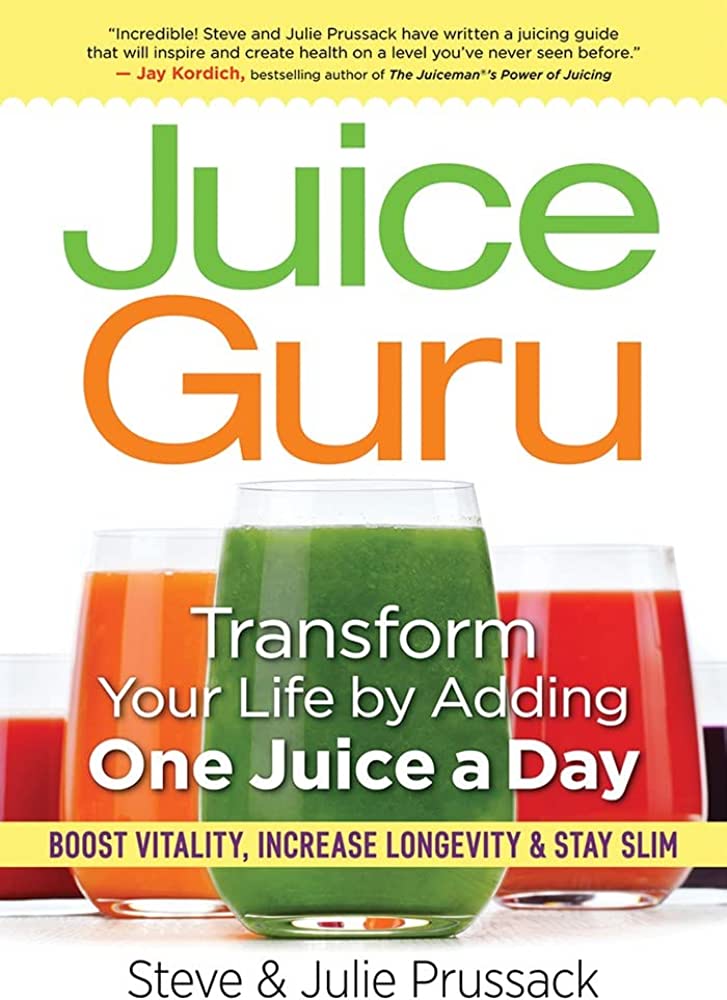Whether it’s extending the life of a bouncy blow-out or simply soaking up sweat post-workout, a transformational dry shampoo is an essential part of one’s haircare arsenal. But in recent years, the conversation surrounding dry shampoo has shifted from how to mask matted hair to the health hazards they might be causing, due to the discovery of harmful chemicals embedded in some of the aerosols.
Jay Small, co-founder of hair-care brand Arey, says that the controversy over dry shampoo has to do with the delivery system of the product, as the propellants can contain non-purified benzene, now known to be harmful when inhaled. “Benzene can cause irritation to the skin, and when inhaled, it can have longer-term effects on the body’s cellular activity and prevent bone marrow from producing enough red blood cells,” he says. “The propellants serve no function for hair and scalp health and eliminating them means that you are increasing the positive benefits of dry shampoo.”
Neera Nathan, MD, a board-certified dermatologist who works with the hair-care brand Vegamour, echoes Small’s concern over the harmful chemicals found in some of these shampoos, citing an independent 2022 study that found a number of dry shampoos to be laden with carcinogens, which led to a wide recall. [Editor’s note: The benzene found in the recalled products was present in trace amounts, which were much lower than the amount that would need to be inhaled to cause harm to humans. Still, they were removed from the market immediately.] But the good news is that the new guard of benzene-free dry shampoos are actually good for your scalp, ultimately boosting overall hair health.
Why are traditional dry shampoos bad for your hair?
Less frightening than finding carcinogens in your haircare products—but still concerning in other ways—are the chalky powders and alcohols that can be found in some dry shampoo formulations.
“While they quickly soak up moisture and artificial fragrances can mask odor, these quick fixes are actually quite harmful to the scalp, as they can have a negative effect on the scalp microbiome with continued use,” says Helen Reavey, trichologist and founder of the scalp-forward hair-care brand Act+Acre. “Although dry shampoo makes our hair and scalp look better temporarily, it can lead to a large amount of buildup on the scalp, blocking the hair follicles and causing various scalp issues when we don’t check ingredients properly.”
Because the scalp microbiome is the root of our overall hair health, disrupting this barrier (which can happen when you use certain dry shampoo ingredients) impact the appearance of our strands. Sweat, pollution, oil, and product buildup can all cause bacteria to fester, leading to discomfort, dryness, and itchiness.
“I always try to tie scalp care back to skin care – would you ever layer on makeup and leave it on your skin for three plus days without washing it?” says Reavey. “The answer is probably ‘no,’ since it would leave your skin prone to breakouts and extremely dry. The same goes for your scalp.” She adds that since the skin on your scalp ages faster than your face, it’s also important to prioritize your scalp hygiene for healthy growth and improved hair quality.
What makes a dry shampoo good for your hair? Your scalp is an extension of your skin and is actually quite porous, so Dr. Nathan says you need to think carefully about the ingredients that go directly on your head. She likes products that are non-comedogenic and anti-inflammatory, and include calming agents.
Small adds that since the scalp produces natural oils designed to nourish and protect the hair from UV exposure and environmental pollutants, we need to choose products with highly absorbent ingredients to balance out oil without clogging pores. In addition, he says conditioning agents are key. “We also need conditioning agents and active ingredients because both the hair and scalp are exposed to water from perspiration, humidity, and when we rinse our hair in the shower,” he says. “And since they are water soluble, when exposed to moisture, they can then further nourish the hair and scalp.” Together, these nourishing ingredients will mimic the function of the scalp and serve as a healthy addition to your overall routine.
What to look for when shopping for a dry shampoo
“When choosing a dry shampoo, I strongly recommend trying a non-aerosol powder dry shampoo, as these formulations don’t contain any harmful propellants, and a majority of them include ingredients that balance oil, increase volume, and extend the time between washes,” says Small.
Hair-friendly, oil-absorbing ingredients are usually starches, like aluminum, rice, corn, and tapioca. “We’ve found aluminum starch to be the best at oil absorption as it is not water-soluble so it will isolate oil, and when hair is rinsed, the combination of starch and oil are easily rinsed away,” Small says. While Reavey agrees that starches are great plant-based ingredients, she also loves fulvic acid, a super-nutrient that’s extracted from organic plant matter, which she included in her brand’s own dry shampoo. When it comes to active ingredients, Small says to look for extracts, conditioning agents, or peptides.
As far as what to avoid, he lists synthetic fragrances and excessive preservatives, which can cause irritation without providing any benefits.
With hair health in mind, what’s the best way to use dry shampoo?
The best way to use dry shampoo, stylists say, is on clean hair or one day after washing.
“I suggest that you apply the product to the hair strand near the root as well as the mid-shaft, but would avoid applying it directly to your scalp or on very dirty hair,” says Small, adding that applying it to the scalp can prohibit oils from being spread throughout strands. “If your hair and scalp are too oily, it will be harder to add volume to the hair, which is a lovely byproduct of using dry shampoo.”
Reavey says her number one rule is to apply dry shampoo no more than two times in between washes. “Ideally, you should never use dry shampoo to replace washing your hair—only as a means to freshen up your look as needed,” she says. And keep in mind that extending washings can lead to scalp build-up and clogged pores (dry shampoo doesn’t remove oils and build up, it just makes them less noticeable).
Finally, Nathan reminds us that no dry shampoo can completely replace washing with actual shampoo and conditioner. Traditional washing removes grime from products and can soothe scalps that are prone to becoming itchy or dry. And conditioning is essential for restoring moisture to your hair and to help protect against daily damage caused by heat. “Just remember that if you are going to use a dry shampoo, use it in moderation and in conjunction with a great shampoo and conditioner duo.”
Shop scalp-friendly, benzene-free dry shampoo
Containing silica and aluminum—two science-backed ingredients for oil absorption—along with a gorgeous, light fragrance by way of natural cedar and sage, this dry shampoo won’t clog pores or cause build-up.
This dry shampoo powder is not only propellant-free, but it’s infused with peppermint and rosemary—two ingredients that stimulate scalp circulation to promote healthy hair growth. Reviewers note that the original formula leaves a white residue on darker hair colors, but luckily the brand also offers a brunette-friendly formula that swaps peppermint for cocoa (but still contains rosemary) and blends well with richer tones.
Reavey says this formula is so clean, it’s actually edible (but maybe… don’t eat it). For added scalp benefits, fulvic acid delivers over 65 minerals to the hair follicle to restore the microbiome. And while the fact that it’s aerosol-free means that it sprays on white, it leaves no residue whatsoever once you massage it into your scalp or brush it through your strands.
This award-winning, weightless dry shampoo comes with a handy kabuki brush to gently dust the powder along your roots. Persimmon leaves hair smelling so fresh, you’ll swear it’s just been washed, while tapioca starch soaks up oils and nourishes the scalp.
The plant-based phytoactives in this formula are responsible for revitalizing hair on non-wash days. And while the product uses a propellant, it’s made without talc or benzene for a scalp-safe spritz. Plus, it’s packed with red clover, which can act as a natural DHT blocker to help minimize hair thinning and loss.
This content was originally published here.




















